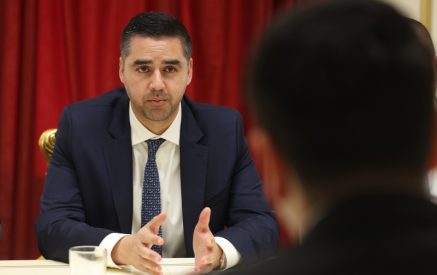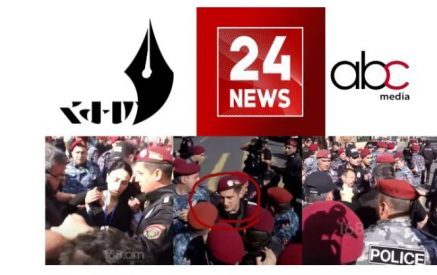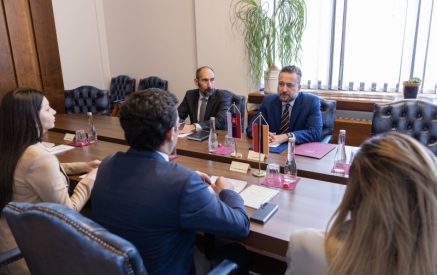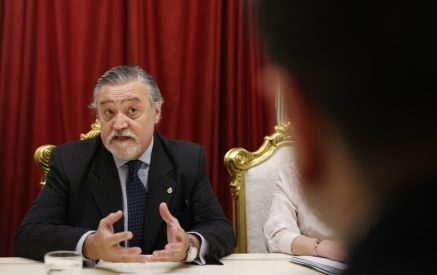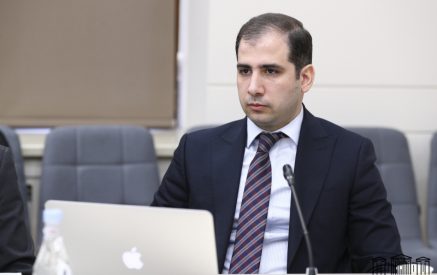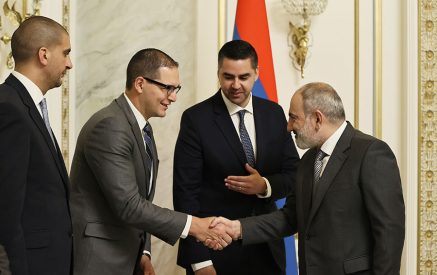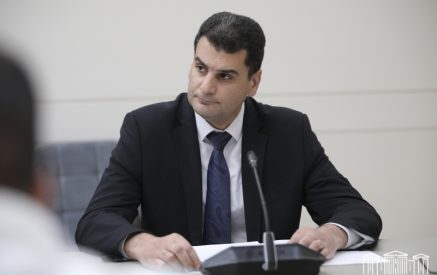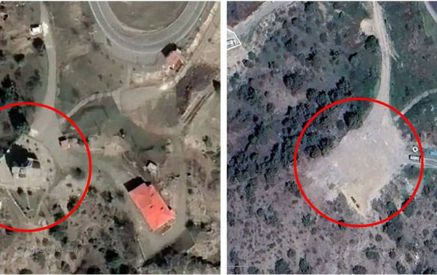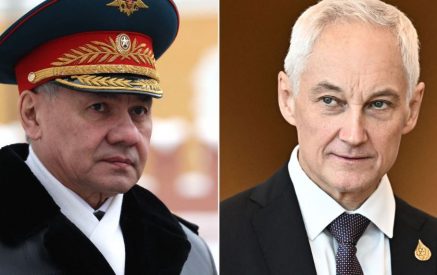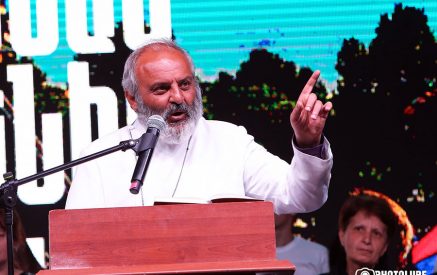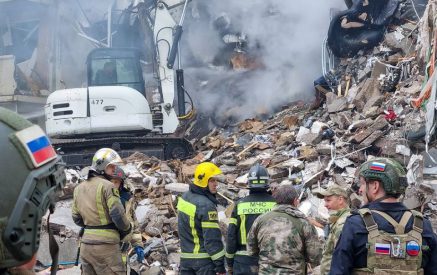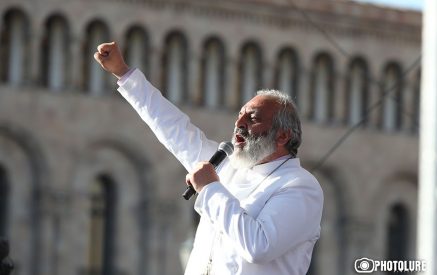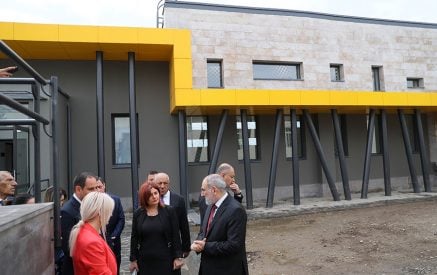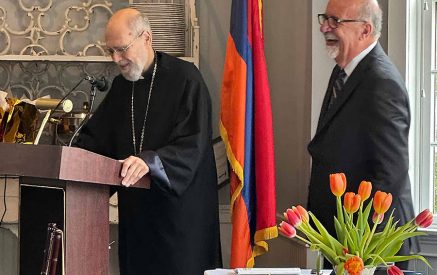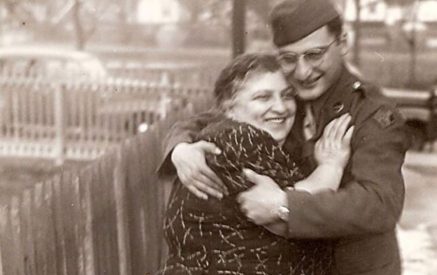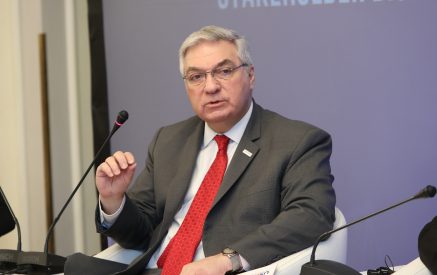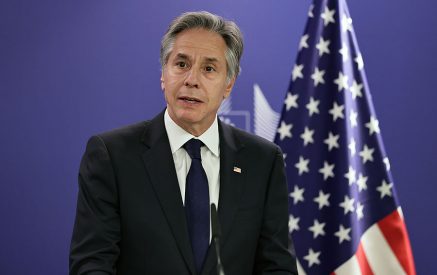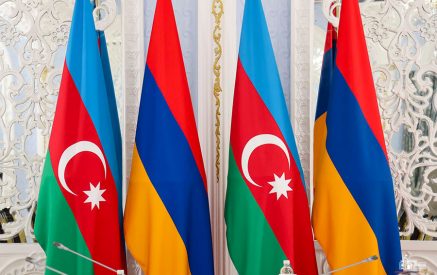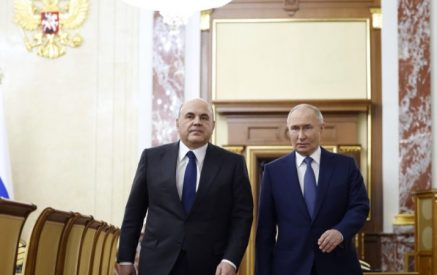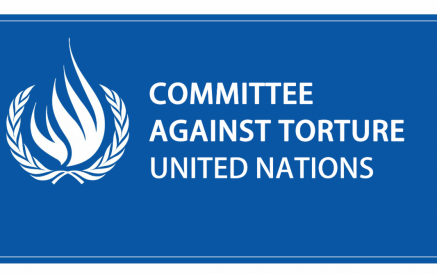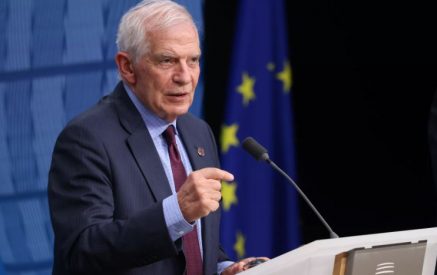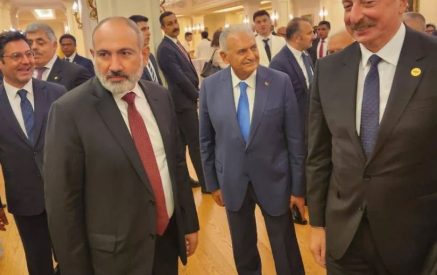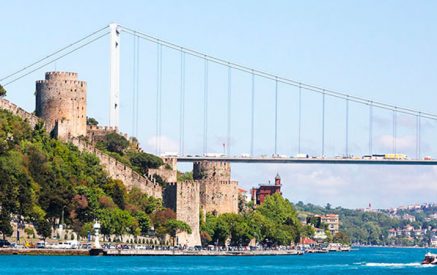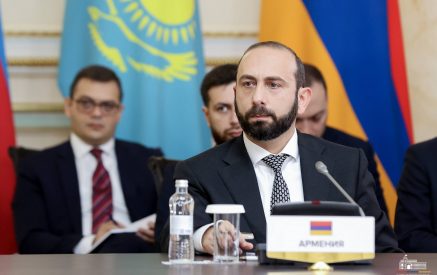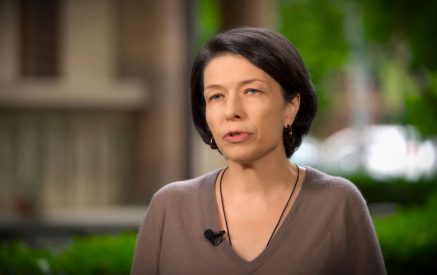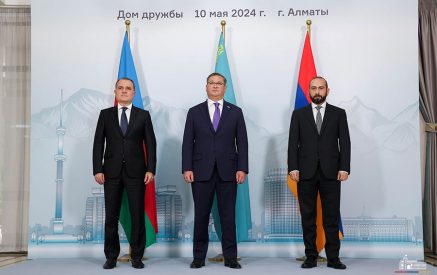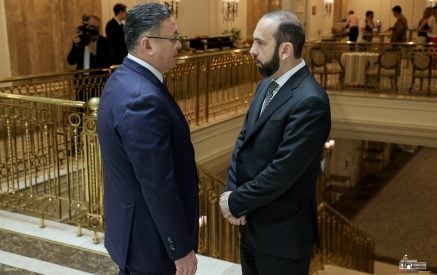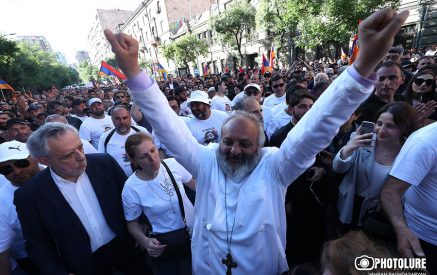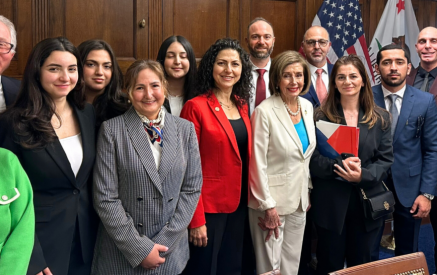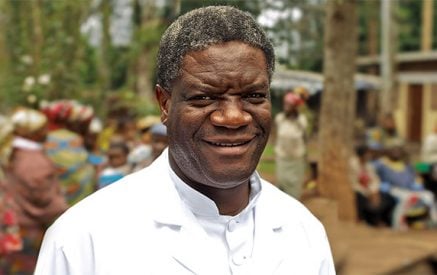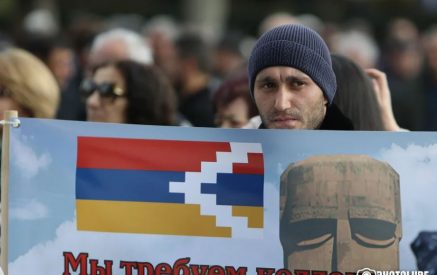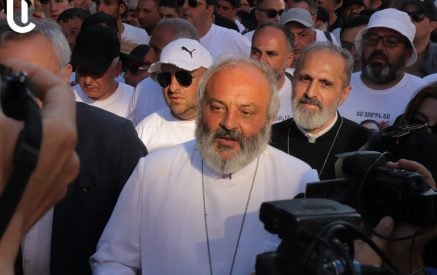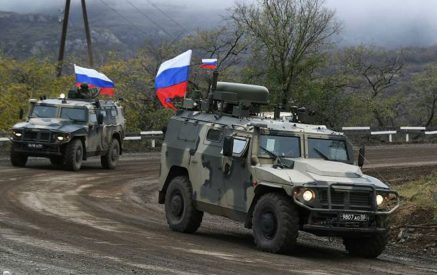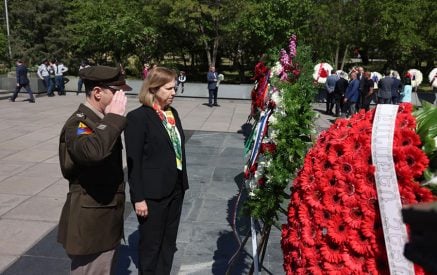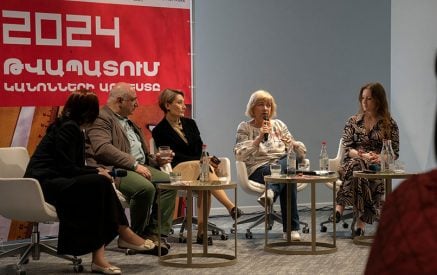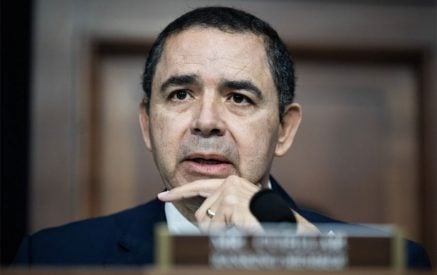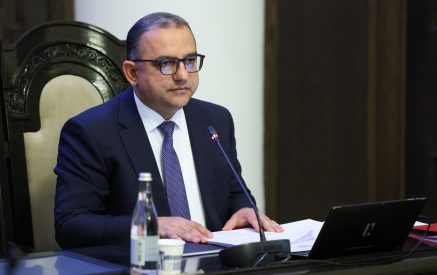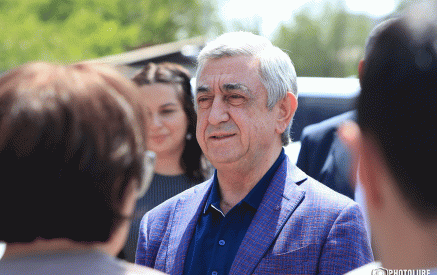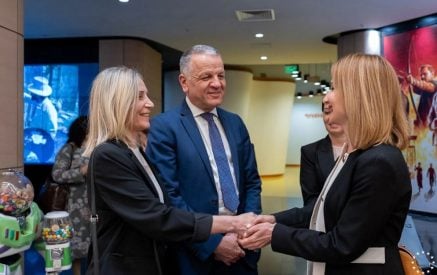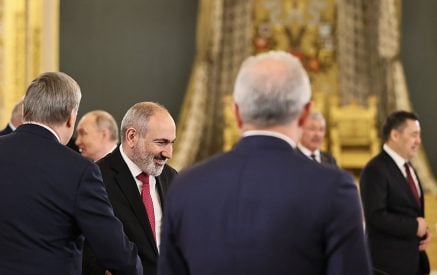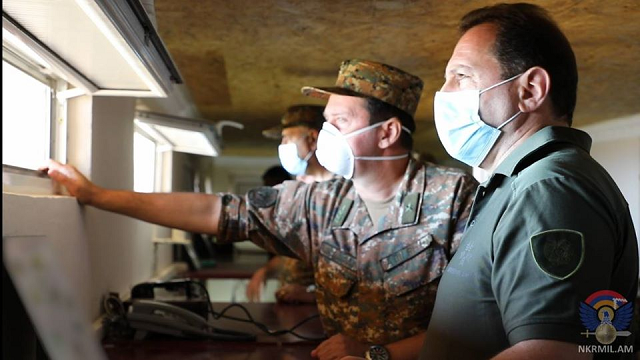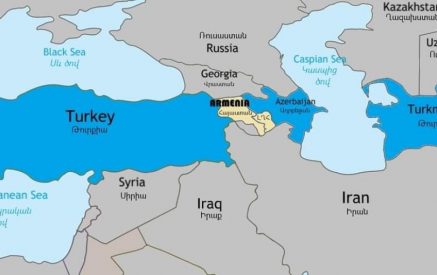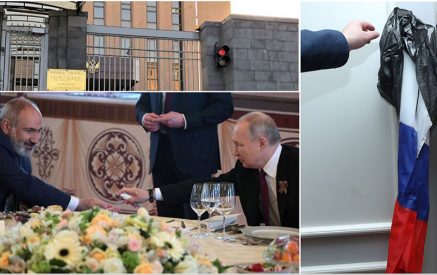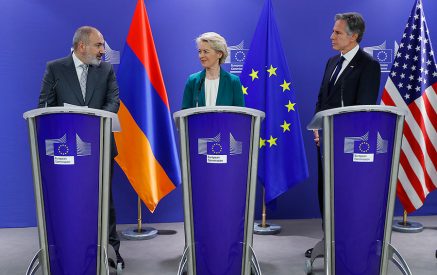The Armenian Weekly. Historically Armenians are a peaceful people. Most, if not all the wars they have fought are defensive in nature. In other words, someone else attacked and the Armenians were defending what was theirs—home, churches and their freedom. The Armenians of the Vartanantz era were given an ultimatum by the Persian king Yazgerd to convert and essentially assimilate or die. Lucky for the rest of us, they chose to resist. The Seljuks and Byzantines attacked the Bagraduni kingdom in the 10th century. It was called an invasion on the indigenous population of Armenians. There were massive migrations after that from the Highlands to Cilicia where a new kingdom was founded in the 11th century. It was vanquished in the 14th century by the Mamluks. For the next 500 years, the majority of Armenians lived as second class citizens in the Ottoman Turkish millet systems which eventually degenerated from institutional discrimination to genocide. In 1920, the sovereign First Republic was savagely attacked by the barbaric Turkish and Soviet armies. From 1988 to 1991, the Armenians of Nagorno-Karabakh engaged in good faith peace and legal attempts to gain their freedom. Their “reward” for playing by the rules was an attempt at continued subjugation by the Azerbaijanis. They resisted and earned their freedom. The trend of the last several centuries is clear. It is how the Armenians have developed a stellar reputation as a peaceful and civilized people. As a result of the crime of genocide, the diaspora was essentially developed. That diaspora has enhanced the perception of the Armenians as an educated and contributing people. Host nations recognize that value and encourage our communities. Assad attacked others, but protected the Armenian community. Iranian Armenians were close to the Shah, but were one of the few non-Muslim groups to successfully transition as a community to the new regime. The common thread is that Armenians have been recognized as a loyal, professional, peaceful and hard-working community.
The old adage “life isn’t always fair” applies to the Armenians. With this three millennia historical resumé, Armenians have always regrouped and carried forward. In this world, there will always be good and evil, builders and destroyers, allies and bullies. Last week, we reviewed the current border reality in Armenia and Artsakh. The current threats are focused on the entire eastern border (Artsakh and Tavush) and the southern region bordering Nakhichevan. Given the wanton violence of the Azeris, Armenia has shown remarkable constraint, responding in a defensive manner only when their citizens and territorial integrity are threatened. Armenia has played by the rules, supported the OSCE, established two functioning democracies and built bridges with Europe, NATO and the US. Azerbaijan, on the other hand, has been the violator of the ceasefire, perpetrator of war crimes and ignored every mediation agreement established. Yet it is the Armenians who are on the diplomatic defensive by asking them to agree to “principles” that would place the peaceful Armenian population at great risk. It is both sides that are asked to show restraint when Azerbaijan launches two massive unilateral attacks in 2016 and 2020. The “good guy” role of Armenia and Artsakh has been costly. Most of the country remains blockaded except the borders with Iran and Georgia. Many young men have sacrificed their lives in this “no war, no peace” game.
The Artsakh quest for justice has become subordinated to the geopolitical interests of Russia, Turkey and the West. We must learn how to take advantage of the reckless behavior of our neighbors to the east and west. The Pashinyan administration, long past its “honeymoon,” remains popular with the citizens and has taken a more assertive approach diplomatically. Responding to Turkish and Azeri violent rhetoric with restrained and peaceful comments can only improve the image of Armenia. Proposing new positions such as Artsakh returning as direct negotiator keeps Azerbaijan on the defensive. Defending the rights of Artsakh maintains a strong perception. The last few weeks however show how inept the diplomatic and international community is at preventing violence from the enemies. During the unilateral assault on Tavush, the Azeris have introduced additional escalating technology. Regardless of their failures, their aggression remains a threat. Turkey has overtly displayed support for Azerbaijan with war games conducted within 35 miles of Yerevan in Nakhichevan. They are also preparing to recruit terrorist mercenaries from its Syrian inventory for Azerbaijan’s attacks on Armenia and Artsakh.
The central question is what should Armenia do to protect its sovereignty, its citizens and its interests? Concerning the court of public opinion and world powers, Armenia has been on the defensive for an extended period. It is frustrating for Armenians to accept, but the world is a stage of selfish interests and duplicity. Recently, Armenia has been on the diplomatic and public relations offensive with succinct responses to Azeri and Turkish threats. It remains for the greater Armenian nation (the homeland, Artsakh and the diaspora) to take advantage of the brutal and uncivilized behavior of the Azeris. This includes both the public and private domains. Turkey’s behavior as a destabilizing force and unreliable ally is wearing thin on NATO, the US and France. Their lack of good faith negotiating and disrespect for the OSCE Minsk Group are continuous opportunities for Armenia. It is unlikely that their despicable behavior will change soon. Therefore it remains a bounty waiting to be harvested. The Washington Post and New York Times have both published very favorable articles this past week exposing the Turkish threat to peace. Azerbaijan should be held accountable for such irresponsible and criminal threats such as the comments about the Metsamor Nuclear Plant. This goes beyond adversarial rhetoric. It is a threat of genocide and an enabler for a regional war. While the diplomatic process is continuing, Armenia should explore the feasibility of reducing its dependency (currently 40 percent) on nuclear energy and decommissioning, or at a minimum increasing, the physical protection of the facility. It is constructed with older technology, and with the earthquake fault lines it is an expensive and risky source. I came across an interesting article on this subject by Z.S. Andrew Demirdjian, Ph.D for those who wish to explore this issue further.
Read also
Another matter pertaining to national security has to do with border integrity and territorial security. Given the modest size of both nations and the intent of the aggression, the conflict does not include large ground forces. Both sides possess the technology to attack the interior of their adversary without committing large invasion forces. Special operations incursions, sniper fire and drone attacks are used to disrupt the civilian life economically and socially. The Azeris hope that this constant state of terror will break the will of the Armenians and lead to a decline in border population and security voids. It is a war of intended attrition. They obviously have underestimated the psyche of our villagers and the capability of the Armenian military. A nation that has suffered genocide has a different perspective on the importance of retaining sovereignty. Nevertheless, the border attacks cost precious human lives and are economically disruptive. Armenia is dealing with an adversary that reportedly embedded offensive weaponry in villages, so the Armenians would be accused of attacking civilians if they responded. Recently, the Armenian military has taken a slightly more offensive approach with reports of new strategic positions that will improve their ability to protect the civilian population and their borders. This comes at the expense of the Azeris. The taunting approach of the Azeris is risky. Aside from the illegal and criminal nature of their offensives, the region of Azerbaijan (Utik) in question (opposite Tavush) is home to the Baku/Tbilisi/Ceyhan (BTC) oil pipeline and the Baku/Tbilisi/Kars railway. This gets to the core of why Azerbaijan enjoys support in certain camps and has international implications. This pipeline sends oil to the Turkish port of Ceyhan where it is distributed to Europe, Israel and others. As Armenian casualties mount, they may be forced to create a buffer zone in this Utik province to limit the opportunity to attack Tavush. Russian support is essential. Would this cause an escalation? Perhaps in the short term, but eventually something must be done to prevent attacks on the civilian population. Hopefully, third parties will convince Azerbaijan that it is in their interest to stop. The vile rhetoric is Aliyev’s survival mechanism, but the civilian attacks cannot be tolerated. Given the strategic assets in this area, this is a major decision and must be weighed heavily. This option should serve as a motivation for certain third parties to calm down the Azeris. Aliyev, like his big cousin in the west, is a destabilizing force in the Caucasus, and this should be continuously articulated by Armenia in addition to the Artsakh resolution. This matter has Russia’s full attention, not because of their loyalty to Armenia but because they will not tolerate anyone, including Turkey, playing in their backyard. It remains a major leverage point for Armenia to neutralize Turkish meddling. For Russia, it is less about Artsakh and more about Russia’s sphere of influence.
The geopolitical dynamics and proxy battles are the major issues that will decide the future. Turkey’s nefarious neo-Ottoman adventures have a definite shelf life with Russia. Israel will support Azerbaijan as long as they have value for their needs with Iran. NATO, EU and US have a significant problem with Turkey. Their limited responses only encourage someone like Erdogan to continue, but Turkey’s actions have created counter alliances with Egypt, Saudi Arabia, France and Greece (two of whom are NATO members). The point here is that every action that Armenia and Azerbaijan make influences and is influenced by these regional and international dynamics. Actions are taken with self-interest but must also serve the interest of others. It is in that intersection that Armenia can find success.

